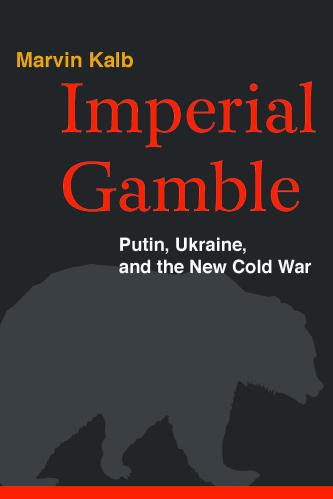


Book
A chronicle of the year that changed Soviet Russia—and molded the future path of one of America’s pre-eminent diplomatic correspondents
1956 was an extraordinary year in modern Russian history. It was called “the year of the thaw”—a time when Stalin’s dark legacy of dictatorship died in February only to be reborn later that December. This historic arc from rising hope to crushing despair opened with a speech by Nikita Khrushchev, then the unpredictable leader of the Soviet Union. He astounded everyone by denouncing the one figure who, up to that time, had been hailed as a “genius,” a wizard of communism—Josef Stalin himself. Now, suddenly, this once unassailable god was being portrayed as a “madman” whose idiosyncratic rule had seriously undermined communism and endangered the Soviet state.
This amazing switch from hero to villain lifted a heavy overcoat of fear from the backs of ordinary Russians. It also quickly led to anti-communist uprisings in Eastern Europe, none more bloody and challenging than the one in Hungary, which Soviet troops crushed at year’s end.
Marvin Kalb, then a young diplomatic attaché at the U.S. Embassy in Moscow, observed this tumultuous year that foretold the end of Soviet communism three decades later. Fluent in Russian, a doctoral candidate at Harvard, he went where few other foreigners would dare go, listening to Russian students secretly attack communism and threaten rebellion against the Soviet system, traveling from one end of a changing country to the other and, thanks to his diplomatic position, meeting and talking with Khrushchev, who playfully nicknamed him Peter the Great.
In this, his fifteenth book, Kalb writes a fascinating eyewitness account of a superpower in upheaval and of a people yearning for an end to dictatorship.
Related Books

Marvin Kalb
September 21, 2015
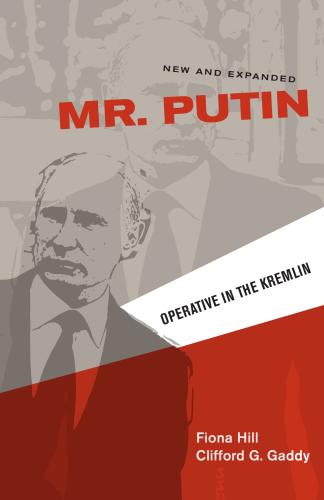
Fiona Hill, Clifford G. Gaddy
April 3, 2015
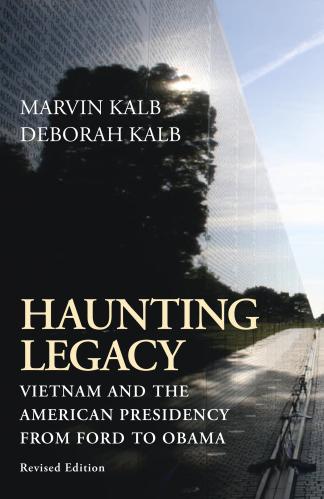
Marvin Kalb, Deborah Kalb
August 22, 2012

Marvin Kalb
May 10, 2013
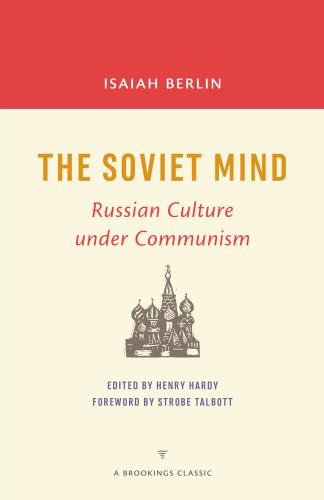
Henry Hardy, Isaiah Berlin Strobe Talbott
October 11, 2016
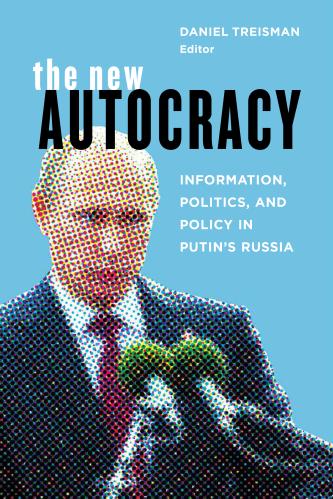
Daniel Treisman
February 6, 2018
What’s that saying—those who ignore history are doomed to repeat it? As the West confronts a newly aggressive Russia, it’s important to understand the context of the Cold War from one of the most crucial years. Marvin Kalb’s chronicle of the Soviet Union in 1956 doesn’t just provide that context, but because it’s part memoir, it adds a personal touch that allows readers to feel like they are reliving the author’s experiences alongside him. And because this is a Kalb book, you know it’s not only well researched and accurate, but smart and insightful.—Chuck Todd, Moderator, “Meet the Press,” and NBC News Political Director
Here is a detailed, first-person account by a young American who spent all of 1956 in Moscow and traveled around the Soviet Union as well. The result of these adventures has now become a lively book, the greatest virtue of which is Kalb’s own presence in its pages. This is a unique document of its time by a witness to history who went on to become a major figure in American broadcast journalism.
—William Taubman, Professor of Political Science, Amherst College, and author of Khrushchev: The Man and His Era
A remarkable, reported memoir, full of life and fascinating historical context, true to the
principled journalistic leadership of Marvin Kalb. Elegantly economical in prose, rich in
insight—a great read.
—Jake Tapper, CNN anchor and Chief Washington Correspondent
Marvin Kalb’s account of the bumpy transition from Stalin’s dictatorship to a normal Russian
society is extremely important. America and Russia are different civilizations, and we must
learn to meet, and sniff, each other. On each page that is what Kalb does so well. The year 1956 was the first step in a historic transition that continues to this day—from Khrushchev to Putin.
—Sergei Khrushchev, author of Khrushchev on Khrushchev—An Inside Account of the Man and His Era, by His Son, Sergei Khrushchev
A fascinating memoir of a young American exploring Soviet society just after Stalin died.
Based on notes Marvin Kalb made at the time, The Year I Was Peter the Great conveys a feel for Russian life with all the contradictory features that have puzzled and entranced foreign visitors
to Russia through the ages.
—Jack Matlock, former U.S. Ambassador to the Soviet Union, 1987–91, and author of Reagan and Gorbachev: How the Cold War Ended
The Year I Was Peter the Great: 1956—Khrushchev, Stalin’s Ghost, and a Young American in Russia
American journalist Marvin Kalb writes memoir of a year that changed Russia
The Year I Was Peter the Great
The Year I Was Peter the Great: Khrushchev, Stalin’s Ghost, and a Young American in Russia
Local authors’ books enlighten, educate